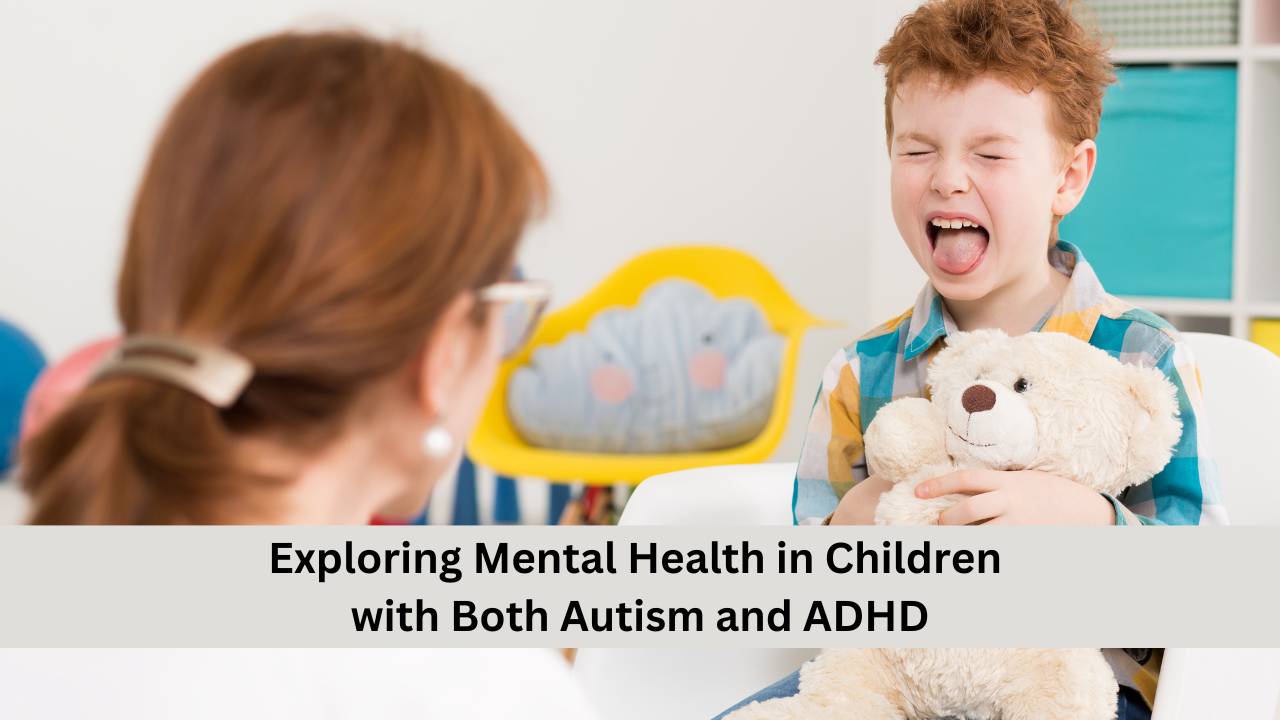Exploring Mental Health in Children with Both Autism and ADHD
Sep 09, 2023
The intriguing relationship between autism and ADHD reveals a complex interplay of shared traits and distinctive features. While these two neurodevelopmental conditions may appear very different on the surface, a closer examination uncovers many commonalities as well. Similarities between the two include challenges in executive functions such as attention, working memory, and impulse control. Both autism and ADHD often involve difficulties in regulating attention and inhibiting impulsive behaviors, which can impact daily functioning and social interactions.
However, there are distinct differences. Autism tends to be characterized by difficulties in social communication and interaction, alongside restricted and repetitive behaviors or interests. ADHD, on the other hand, is marked by symptoms of inattention, hyperactivity, and impulsivity. These distinct traits can lead to varying patterns of behavior and challenges. Additionally, autistic individuals often exhibit a more pronounced preference for routine and struggle with changes, while those with ADHD might experience fluctuations in attention and focus depending on the situation.
How are autism and ADHD connected? The latest research suggests that somewhere between 14% and 62% of autistic individuals also have ADHD. Research studies continue to look into the similarities, the differences, the genetic crossover and other aspects of both autism and ADHD. One recent study investigated behaviors and mental health conditions in children with both autism and ADHD. (Casseus et al. 2023) Their results are eye-opening! Most notably, they found that autistic children who also have ADHD are at a higher risk of having anxiety, depression and other mental health conditions. This particular study showed that 44% of autistic participants had co-occurring ADHD, and autistic children with ADHD were less likely to have a speech or language delay compared to children with autism alone.
Research is important to help parents and clinicians to understand more about autism and ADHD. This study shows that children and teens with co-occurring autism and ADHD have a higher risk of having anxiety, depression, and other mental health conditions such as bipolar disorder, and learning disabilities.
This noteworthy discovery underscores the importance for parents of children that have a dual diagnosis of both autism and ADHD to take a proactive stance and remain attuned to the potential indicators of these accompanying conditions. It is important that they also actively pursue suitable support when confronted with challenges related to mental health. By staying vigilant and responsive, caregivers can ensure comprehensive support that addresses the diverse needs of their children and promotes their overall well-being.

Find the complete research study on PubMed: https://pubmed.ncbi.nlm.nih.
Access a review of the research in Autism Advocate Parenting Magazine's article directory by clicking here.
Stay connected with news and updates!
Join our mailing list to receive the latest news and updates from our team.

